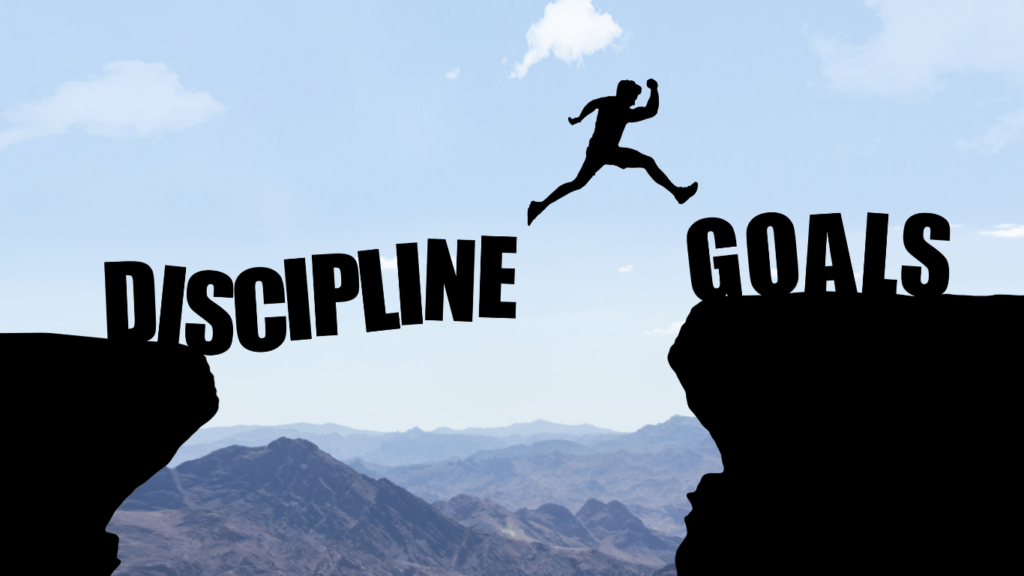If you want to achieve more in life, it will take self-discipline. Even though most people recognize the benefits of self-discipline, very few actually do what it takes to grow this skill. It’s a myth that self-discipline means you have to live an overly restrictive lifestyle. That’s not the case. Self-discipline means practicing self-control. It’s a sign of inner strength. It means having control of your actions and your reactions.
Self-discipline can give you the power to make difficult decisions and stick with them without changing your mind. It’s an important factor in achieving your goals. If you lack self-discipline, you are less likely to achieve the success you desire than someone who has self-discipline. In fact, one of the main characteristics of self-discipline is the ability to reject pleasure and instant gratification in favor of greater success gained by putting forth the time and effort.
Why Self-Discipline Is Important
Self-discipline is an essential ingredient for success. It’s the ability to not give up despite setbacks and hardships. It is a skill that helps you continue with your plans and decisions despite the naysayers or small voices inside your head that tell you that you can’t do it. You will develop an inner strength that helps you overcome addictions, laziness, and procrastination. It’s the ability to push through the pain and step out of comfort zones so you can do amazing things you never knew you could.
What happens if you lack self-discipline? It can lead to financial problems, health issues, relationship difficulties, and more. You may tend to feel like a failure and beat yourself up when you fail to meet your goals because you lack the self-discipline needed to follow through.
How To Become Self-Disciplined
You can develop self-discipline through training, just like any other skill. If you keep working to develop it, you will become stronger. If you don’t challenge yourself, you will not gain self-discipline. Here are some tips on how to become self-disciplined:
- Remember your WHY. It will help you to stay motivated and excited about your goal.
- Remove temptations. If you want to lose weight or eat healthier, throw out any junk food that will tempt you. If you have a big project with a looming deadline, turn off your phone or silence all notifications so you can focus and not get distracted.
- Set SMART goals. At first, it may be easier to set small goals to keep you motivated as you achieve each goal. Setting SMART goals is even better for self-discipline because they are specific, measurable, attainable, relevant, and time-bound. The more structure you place around your goal-setting, the more successful you will be.
- Create a routine. When you create consistent daily habits or routines of doing the actions you know you need to do or want to do, it will get easier to do them. When starting a new habit, we often lack self-discipline, such as creating a fitness routine. But when you stick with it, your body will become conditioned to the exercise, and it won’t hurt as much or be as tiring. You will start to feel better, look better, and have more energy. Those good feelings will produce the motivation to keep going every day.
Developing self-discipline will help you in so many ways. You will learn to overcome behaviors such as laziness and procrastination. You will be better able to engage in healthy lifestyle changes like more sleep, healthier eating, and exercise. Just remember to be kind to yourself as you develop your self-discipline skills. It won’t be an overnight process, and you may have your good days and bad days. But keep focused and remember your WHY when you need a little extra motivation to achieve your goals.

